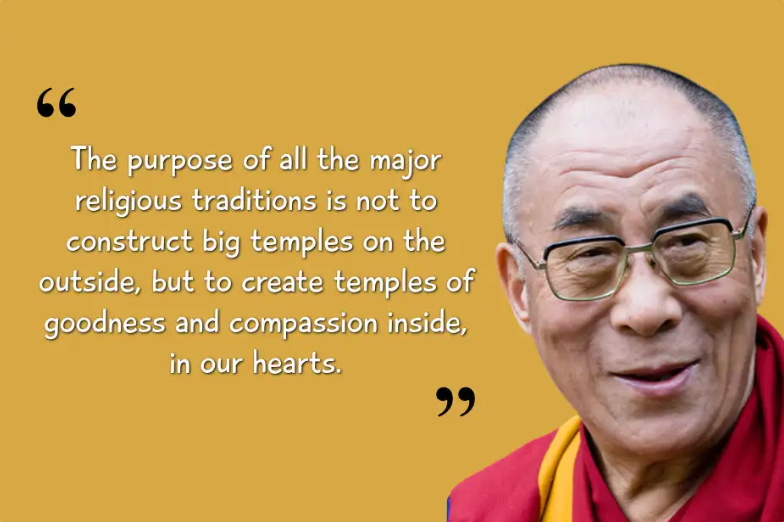
We live in troubled times. Global warming, wars of conquest, social upheaval, political unrest, environmental damage, the list goes on. It’s easy to get swept up in all that’s happening, and to feel overwhelmed and discouraged.
I get it. And I have my moments of anguish. Overall, however, I don’t spend my time worrying about the future. Don’t get me wrong; I have children and grandchildren, and I want the best for all of them. But being consumed by despair and anxiety is not my path.
I’m not avoidant. I keep up with the news of the day, but I don’t obsess about it. In essence, I am an optimistic sort, not pollyannish, but I gravitate to the positive. I was asked recently how it is I keep myself from getting depressed; it’s not difficult for me to answer that question.
Each of us plays two major roles in life: our individual role and our role as members of the human species. While there may appear to be some separation between these roles, there’s no gap between them. Our lives are largely consumed with our individual roles, a fascination about ourselves and our personal lives. Each of us inhabits a private, internal life; although we can share them, our thoughts and feelings are our own, even if others have similar thoughts or feelings. We amass personal histories and construct self-narratives that suit us.
But mother nature doesn’t give a whit about individual lives; our role as members of a species is her concern. Species arise, are stable and successful for a while, and then become extinct and disappear. In this way, 99.9% of all the species that have ever lived on earth are no longer present.
This knowledge offers cold comfort; the truth of it means that, although we feel great joy and suffer great sadness, these are mere human experiences in the greater trajectory of life on earth. The hard lessons we learn, unfortunately, do not become part of genetic inheritance; each generation must learn them all over again.
Mahayana Buddhists call our world system – the planetary system in which we exist – the Saha world. Saha translates as endurance. Despite enduring periodic episodes of cruelty, depravity, violence, and suffering, the human spirit – our seemingly inexhaustible capacity for love, kindness, hope, and compassion – also endures. Humanity will not last forever, of that we can all be sure; as long as humanity exists, however, so too will the human spirit. It is the endurance of the human spirit that brings me comfort in troubled times.
Examining the trajectory of human history over the past 500 years, one finds a record of emancipation. Yes, there have been terrible episodes, tragic episodes, during the last 500 years: genocide, famine, starvation, torture, war, and many forms of cruelty. Despite this sorry story, the human spirit endures, producing freedom, opportunity, and hope for ever greater numbers and types of people.
Keeping this knowledge, this truth, in front of me is what prevents my falling into the trap of despondency. Through whatever contribution, large or small, is made for the welfare and betterment of others the human spirit endures; so it is for all who feel called to do what they can to create a good society.
Yes, human progress moves in fits and starts, three steps forward and two steps back, but the trajectory is clear. May it continue.
I read once that new and growing ecosystems experience rapid change are not enegy efficient – lots of waste – but matire ecosystems – the example was old growth forest, but rainforests are also an example – are very efficient. I wonder if the direction we are heading in, which I agree is positive but not evenly so or inevitably so, is towards that kind of maturity. Just a thought = an the cost of getting there looks to horribly high.